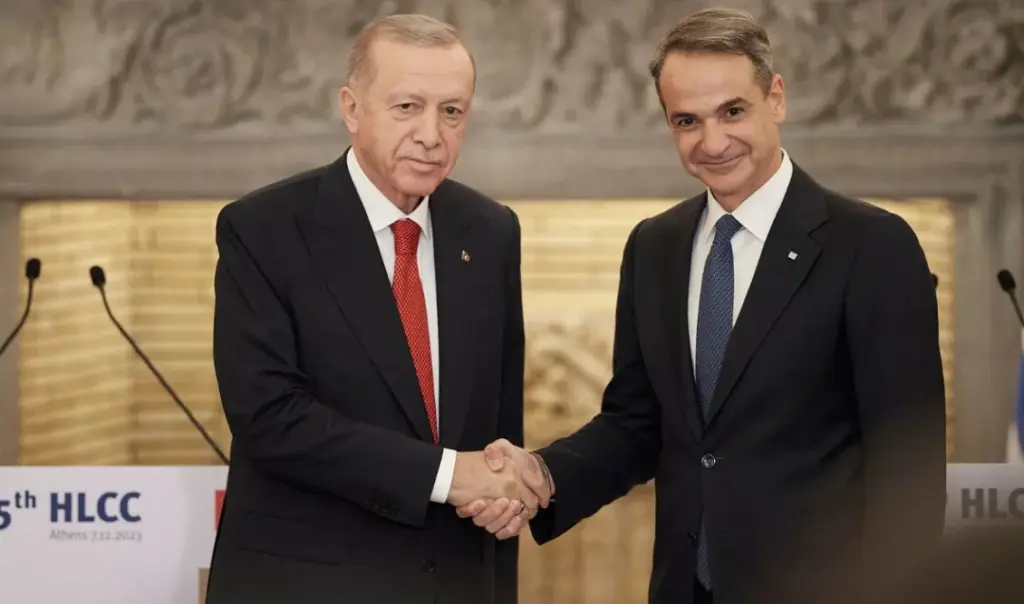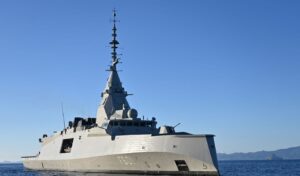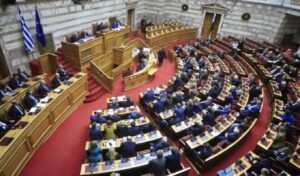Athens and Ankara are maintaining low tones after recent escalations, ahead of the meeting between Mitsotakis and Erdogan at the UN General Assembly next Tuesday. The meeting between the two leaders creates expectations for meaningful dialogue that could ease obstacles and reinstate the provisions of the Athens Declaration for cooperation between the two countries in “calm waters” that would provide opportunities for achieving solutions to low-interest issues arising between the two sides. In this context, the “Piri Reis” remains at the port of Izmir, with Athens closely monitoring Ankara’s next steps, following the irritation caused to the neighboring country by the presence of American giant Chevron in Greek territorial waters south of Crete.
Greek-Turkish relations: From Piri Reis to Cyprus
However, tensions have shifted southeast, as Turkish media highlighted yesterday, in extensive coverage, Turkey’s annoyance at the arrival of air defense systems from Israel to Cyprus. Sources from the Turkish Defense Ministry stated that Ankara will not allow the development of security threats on the divided island. The Turkish press speaks of “measures” that Turkey will take against the security threat in Cyprus. Indeed, Dailysabah, citing sources from the Turkish Defense Ministry, writes that “sources stated that the armament and activities of Greek Cypriots would undermine peace and stability on the island and could have ‘dangerous consequences'” and concludes that Turkey considers the Greek Cypriot plan as an attempt to disrupt the balance on the island.
Turkey’s greatest concern focuses on the increasing defense and security ties between the Republic of Cyprus and Israel. According to the Turkish newspaper, “TRNC officials have criticized joint military exercises, intelligence sharing, and the lifting of US arms restrictions for the Greek Cypriot side, considering them moves that could destabilize the region. In February, the Greek Cypriot administration handed over security responsibilities for Larnaca and Paphos airports to Israeli authorities. Turkish Cypriot officials viewed this as a further extension of Israeli influence on the island and an indication of the Greek Cypriot side’s increasing dependence on Israel for military and strategic purposes.”
From the Republic of Cyprus’ side, Defense Minister Vasilis Palmas, according to the Cyprus News Agency, after Wednesday’s ministerial council where the issue of the Israeli anti-aircraft system’s arrival was discussed, expressed confidence that the Republic of Cyprus has the capabilities to defend its territory against air and missile attacks.




